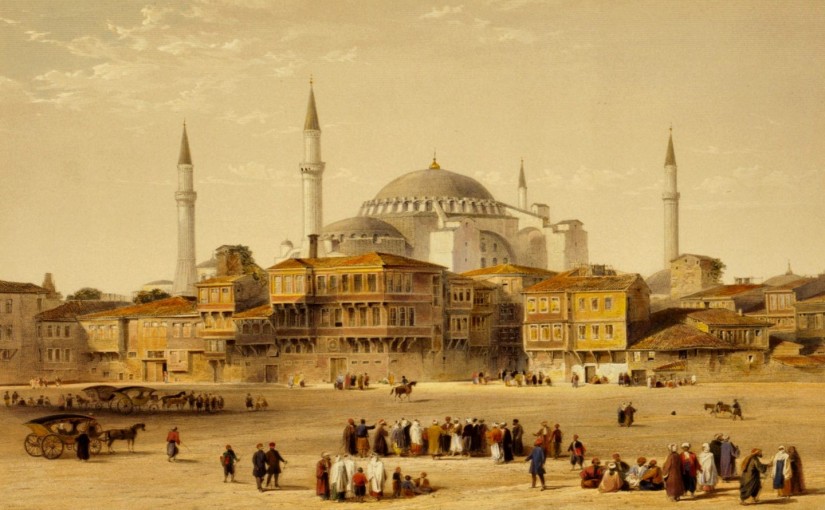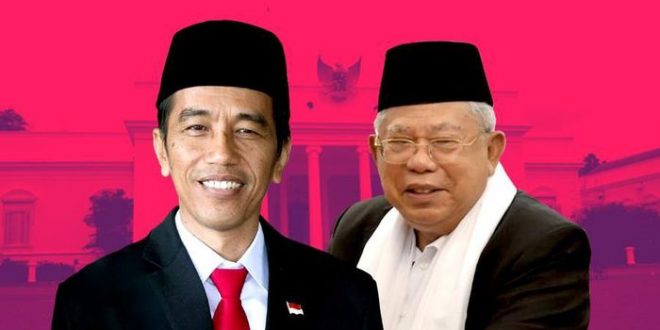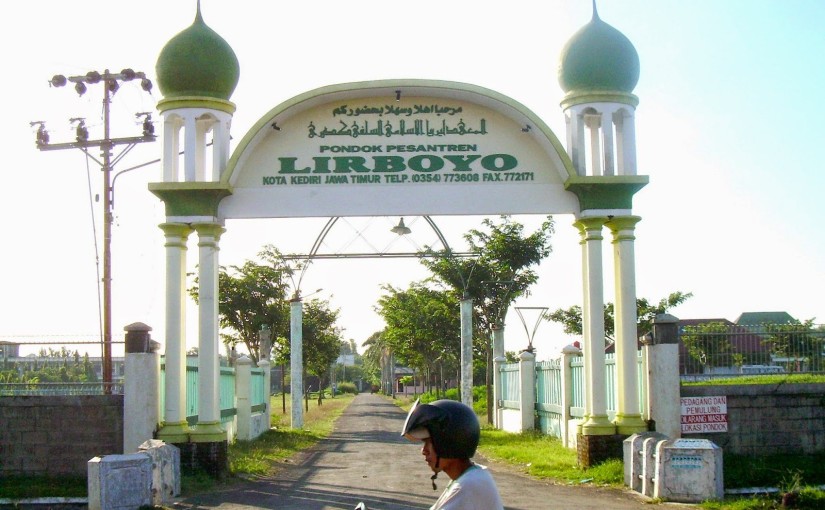“Islamization of knowledge” is a concept propagated by the highly influential scholar of Islam from Malaysia, Syed Naquib al-Attas. This concept is based on his thesis, which can be described as an attempt to reinstate the Sunni Islamic worldview on an epistemological level. While the movement is very much within the vein of the 20th-century Islamic revival, it is distinguishable from other strands as intellectually-centered. The concept is based on an Al-Attas’ thesis; any attempt of Islamization oblivious to the effect of modernity and secular-liberal institutions is a corrupt mode of the philosophy. A critical contribution of the thesis is a deconstruction of fundamental issues regarding modernity and the Western modes of thinking encroaching toward the Islamic notions and terminology. As such, proponents of Islamization advocates for the Islamic epistemology, which is considered to have cultivated its own worldview complete with its own socio-political premises and perceptions. These are considered to be markedly different from the one based on the Western enlightenment philosophy.
In a glance, it sounds like a project to reinstate the “pristine” mode of Islamic thought processes, which is, as indicated by Wael Hallaq, doomed to fail under the current secular-liberal dominions. Indeed, Al-Attas’ project in Malaysia met the premature failure, with only his ideas being disseminated across the globe. The IoK program was reproduced in multiple Muslim countries, including Indonesia, Bangladesh, and Nigeria. However, we’re yet to witness its substantial impact over the society. This is even if we take into account some of the recent trends among the Western Sunni Muslim intellectuals to “rediscover” Al-Attas. Indeed, there is a trend to reinvigorate the intellectual assets that are useful for the “reconstruction” of the epistemology. The lineup starts from the classics such as Iqbal, Bennabi, and Izetbegovic, to the contemporary postcolonial academics such as Talal Asad, Hallaq, and Massad. Al-Attas fits right into the roster, with providing the epistemological deconstruction from the linguistic and terminological perspectives.
In light of this, we can analyze the “failure of the Islamization program” in the vein of Roy’s “failure of political Islam”. The failure goes hand in hand with the recent “struggle for epistemology” agenda espoused by the reformist elements of orthodox Sunni revival. The objective of the “struggle for epistemology” is to reinstate the orthodox Sunni traditions and socio-political conditions, which enable a morality-based governance, through the reconstruction of Islamic epistemology. Crucially, this agenda is based on a premise that the contemporary order of secular-liberal institution is possible to be reversed or even mutilated into something more deconstructible. This premise, judging from recent political developments, is optimistic at its best, and destructive at its worst. The foundation of secular-liberal order is already firm with the state as a basic unit of its component. However, criticism of modernity asserts that the state, with its incentive for self-sustenance, is destined to be self-destructive. Reasons given here normally include a limitless technological advance, greed toward economic growth, environmental destructions, and irreversible desecration of family value. Critics also love to mention that technological and bureaucratic solutions to such issues are inevitably inviting another problem; as such, the problem of modernity cannot be fixed by “more” modernity.
On the most rudimentary level, these criticisms are hastily crafted with the use of the very concepts and issues that are part of the discourse belonging to the modernity itself. In other words, such criticism is based on the premises and principles of modernity, not based on an Islamic epistemology. This is discounting the fact that the proposition of “self-destructing” state and “modernity causing even more modernity” can be easily challenged; the relatively successful project of social-democratic governance that balances ethical concerns, economic needs, social justice, and environmental sustainability proves this point. On top of that, there is no tangible alternative to modernity, which makes everything seems like a cover for mere frustrations arising out of the modern society with no particular directions. I have yet to witness any concrete solutions being exercised or promoted by the proponents of Islamization missions, that can be acted upon by the ordinary persons like us, as a way to construct an alternative society or polity that is based on supposedly pristine Islamic values.
In addition, it is vital to remember here the following: firstly, regression of the Western order does not in itself constitute the void where an alternative order can be reconstructed. This caveat needs to be made in light of certain conflation of secular-liberal order with the Western dominance. This is a glaring mistake, considering the fact that the majority of the international society has already been deeply embedded within the secular governance and liberal world economic system. The challenge of totalitarian superpowers, exemplified by China and Russia, not only proves this point but poses even more difficult questions of how Muslims can cope with ruthless states with no semblance of the Western humanist idealism. Secondly, the criticism in itself is contingent on the very order that they pertain to attack. It is ironic that the only economically advanced or lucrative condition allows the intellectual development itself. This cannot be clearer, seeing such intellectual endeavor is a luxury for the Western-raised or educated Muslims. The majority of Muslims in Muslim society worldwide are not only unequipped for such discourses. They have been dangerously reactionary to the point that constantly damaging its ideological legitimacy by turning the discourse into a presupposition of the superiority of Islam against the others. Theological discussions aside, it is in no way we can manage to convince any other non-Islamic social groups to accept such a proposition.
Finally, it is destructive for it does not contribute to solving the numerous societal malaise faced by the developing post-colonial states; ranging from the institutional level of economic stagnation, exploitation, dictatorship, corruption, nepotism, identity politics, terrorism, environmental destruction, commercialization, rampant consumerism and so on. Such fixation on ideology is not only destructive as it fosters political divide. It is the inescapable influence of the secular-liberal institutions that are required to tackle. And yet the advocacy for the supposed epistemological shift is nothing sort of derailment from the tangible issues at hand.
Fortunately, Islamic societies are more resilient and flexible than how past orientalists and contemporary Islamists have envisioned. The institutionalization of Islam, a trend we are witnessing in the relatively stable Muslim majority countries such as Indonesia and Malaysia, have created a whole new condition of Islam and secular synthesizing each other into a system where religion fosters a development of economic and governmental institutions. Under this condition, Islamization will be instituted through the governmentality, not reformation or ideology. Remarkably, Islam is exploiting secular institutions and liberal orders as much as the latter is taking roots in the postcolonial societies with the help of the former. Undoubtedly, it raises difficult questions of how different such formalized Islam is from mere cultural decorations, and how can we institute morality within this framework without being coercive and oppressive. However, this is the Muslim society we face in the 21st century, and how are we manage to find a solace for morality and piety must be based on this unshakable premise.



